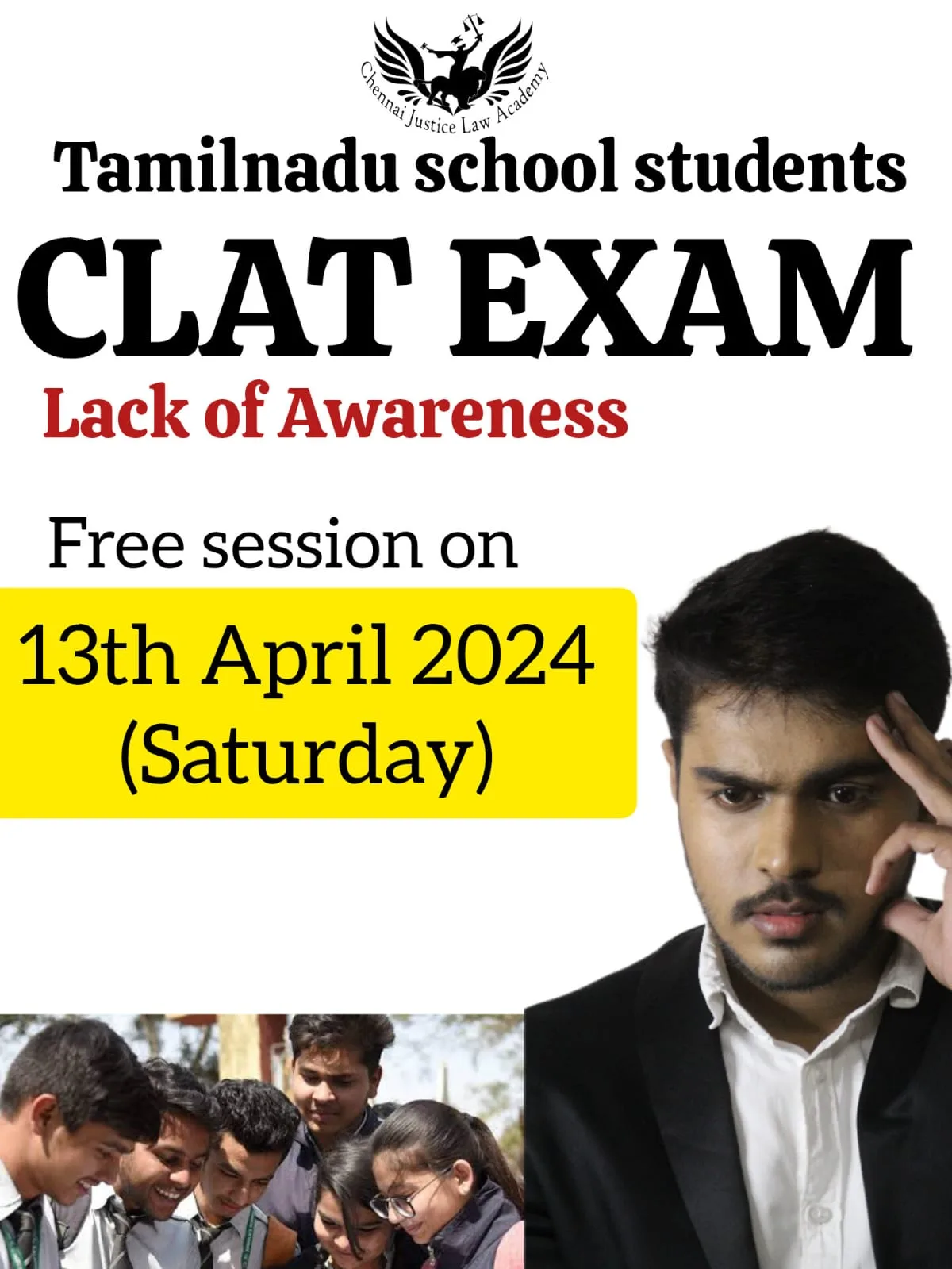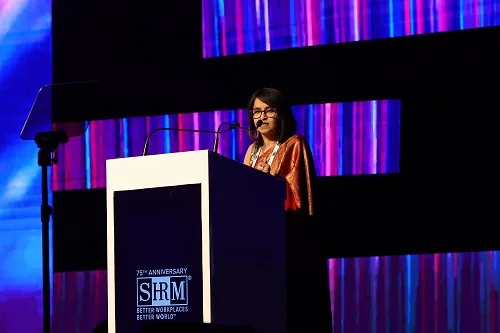Students from Tamilnadu are not aware of CLAT | Free Session by Chennai Justice Law AcademyThe legal profession is witnessing a transformative emergence marked by technological advancements, interdisciplinary collaborations, and evolving societal needs. With the rise of fields like technology law, environmental law, and intellectual property rights, lawyers are increasingly required to navigate complex legal landscapes. Moreover, the profession is embracing diversity and inclusivity, recognizing the importance of representation and equitable access to justice. As the legal profession continues to evolve, lawyers are poised to play instrumental roles in shaping the future of governance, innovation, and social justice. The Common Law Admission Test (CLAT) serves as a vital gateway for aspiring law students, offering access to esteemed national law universities and paving the way for rewarding careers in the legal profession. Its standardized assessment ensures fairness and meritocracy, shaping the future of legal education and fostering excellence in India’s legal community.
There could be several reasons why students from Tamil Nadu may not commonly appear for the Common Law Admission Test (CLAT):
State-Specific Focus: The legal profession often requires a deep understanding of state-specific laws and regulations. Therefore, students from Tamil Nadu may opt for law entrance exams that focus on state law and legal systems, as they may find these exams more relevant to their career goals.
Language Barrier: CLAT is conducted in English, which may pose a challenge for some students from Tamil Nadu who are more comfortable with Tamil or prefer exams conducted in their native language. This language barrier may discourage them from appearing for CLAT.
Awareness and Outreach: There might be a lack of awareness or outreach regarding CLAT among students in Tamil Nadu compared to other regions. Students may not be well-informed about the benefits of appearing for CLAT or may not receive adequate guidance and support to prepare for the exam.
Preference for Regional Institutions: Some students may prefer to study in law colleges or universities within Tamil Nadu or nearby states due to factors such as proximity to home, familiarity with the local culture, and lower costs of living.
Availability of Alternatives: Tamil Nadu offers various avenues for legal education, like school of excellence in Law and other affiliated law colleges of Tamilnadu Dr.Ambedkar Law University. Students may choose to pursue admission through these institutions’ entrance exams rather than CLAT.
Curriculum Alignment: Students may prioritize entrance exams that align more closely with their academic interests or the curriculum they have studied in their pre-university education. If the syllabus of CLAT doesn’t align well with what they’ve learned, they may opt for other exams.
Overall, while CLAT is a widely recognized entrance exam for law programs in India, factors such as regional preferences, language considerations, and the availability of alternative options may influence why students from Tamil Nadu may not commonly appear for it.
Therefore Chennai Justice Law Academy decides to conduct free session on 13th April 2024 wih regards to importance of CLAT and How to approach the CLAT UG exam. A session on the importance of the Common Law Admission Test (CLAT) would highlight its significance as a gateway to prestigious national law universities in India. Participants would learn about how CLAT opens doors to rewarding careers in the legal profession, offering opportunities for academic excellence, professional growth, and societal impact. The session would emphasize the role of CLAT in ensuring meritocracy and fairness in admissions, as well as its contribution to shaping the future of legal education and fostering excellence in the legal community. Additionally, attendees would gain insights into the evolving landscape of the legal profession and the diverse career pathways available to CLAT aspirants, including advocacy, academia, corporate law, and public service. Overall, the session would underscore the value of CLAT as a transformative step towards fulfilling aspirations and making meaningful contributions to society through the pursuit of legal education and practice.


